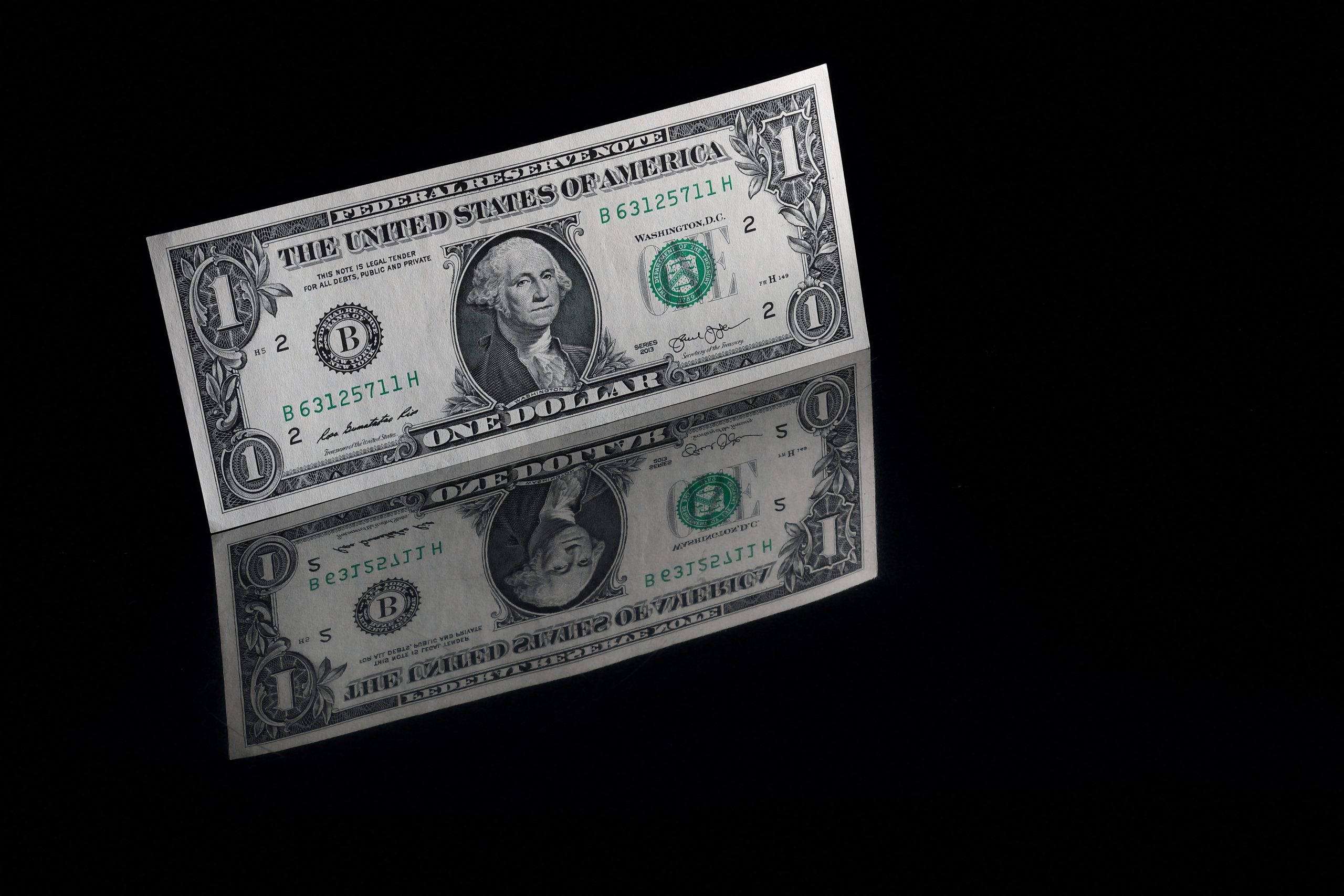The dollar held its recent gains in early Asia trading on Wednesday as investors looked towards a key Federal Reserve policy meeting to see if it would reinforce growing market expectations for earlier rate rises next year.
The dollar index which measures the greenback against six major peers was at 96.557, having gained 0.5% so far this week in choppy trading. It is testing last week’s 96.954, which would be a two-week top.
The dollar’s gains have been broad-based.
The euro last traded at $1.1265, not far from $1.1184 hit in November, which was its lowest in over a year. The pound languished at $1.13326 as Britain grapples with rising cases of the Omicron variant of the new coronavirus.
But the Federal Reserve meeting due to wrap up later in the day stood out as the centrepiece of a week full of central bank meetings.
Kim Mundy, currency strategist at CBA, said currency markets were “taking a tiny break from Omicron” even though it was “very much bubbling away in the background.”
“It’s hard for it to be the dominant focus when you’ve got the FOMC, and the Bank of England and European Central Bank lining up to make policy decisions,” said Mundy.
She said traders were watching the U.S. Federal Open Market Committee for two things: firstly whether they accelerate tapering of their bond buying programme, and secondly whether policymakers bring forward their projections for interest rate rises, in their so-called “dot plot”.
Markets have been pricing for the Fed to wrap up bond-buying around March and then proceed with one or maybe two rate hikes in 2022. [FEDWWATCH]
Elsewhere, a Reuters poll showed analysts have reversed earlier expectations that the Bank of England will raise rates on Thursday, because of the spread of Omicron in Britain. [BOEWATCH]
Markets currently expect the Fed to say it will taper its asset buying by between $25 billion-$30 billion a month from $15 billion currently https://www.reuters.com/business/federal-reserves-taper-how-does-it-work-2021-11-03.
Mundy said a figure at the lower end of that range could cause some short-term dollar weakness.
The yen softened slightly to 113.78 per dollar, continuing a weakening trend. The safe-haven currency had firmed sharply in late November, when the Omicron variant first emerged.
The Australian dollar was little changed at $0.7107, and the Canadian dollar was weaker at 1.2854 per dollar, having been bruised by oil prices coming off recent peaks. [O/R]
Investors in the Australian currency were keeping a close eye on Chinese economic activity data due later in the day, given that China is Australia’s largest trading partner.
Bitcoin was doing little at $48,500.
(Reporting by Alun John; Editing by Ana Nicolaci da Costa)
Related
































